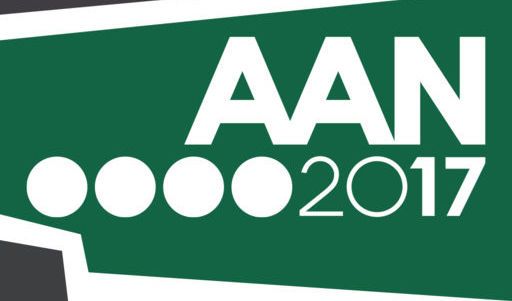Article
Cannabidiol May Cut Number of Seizures in Half
Author(s):
Cannabidiol may cut the number of seizures for some patients who have epilepsy.

The results of a randomized, double-blind, placebo-controlled study being presented at the American Academy of Neurology’s 69th Annual Meeting in Boston April 22-28, 2017, suggests that cannabidiol may cut the number of seizures in half for some children and adults who have Lennox-Gastaut syndrome (LGS).
LGS begins in childhood and is a severe form of epilepsy. Those with the syndrome can experience different types of seizures, including atonic drop seizures, in which there is a sudden loss of muscle tone, causing the individual to go limp or collapse. They can also experience tonic-clonic seizures, in which they lose consciousness, their muscles stiffen, and they go into full-body convulsions. People with LGS usually have some level of intellectual development impairment.
Cannabidiol is a cannabis compound that does not possess the psychoactive properties of THC, and therefore does not create a “high” or a feeling of being “stoned.” According to a news release ahead of the conference, in the study, nearly 40% of the patients with LGS had at least a 50% reduction in drop seizures when they took a liquid form of cannabidiol, compared with 15% of patients who took a placebo.
“Our study found that cannabidiol shows great promise in that it may reduce seizures that are otherwise difficult to control,” said study author Anup Patel, MD, of Nationwide Children’s Hospital and The Ohio State University College of Medicine in Columbus, and a member of the American Academy of Neurology.
The study followed 225 patients with LGS for 14 weeks. Their average age was 16 years. The patients had an average of 85 drop seizures per month, had already tried an average of 6 epilepsy drugs that did not work and were taking an average of 3 epilepsy drugs during the study.
Patients were given either a higher dose of 20 mg/kg daily cannabidiol, a lower dose of 10 mg/kg daily cannabidiol, or a placebo as an add-on to their current medications. Patients taking the 20-mg dose had a 42% reduction in drop seizures. Patients taking the 10-mg dose had a 37% reduction in drop seizures. Patients taking the placebo had a 17% reduction in drop seizures.
Up to 66% of the patients who received cannabidiol reported improvement compared with 44% of the patients who received the placebo.
The two most common side effects reported were decreased appetite and sleepiness.
“Our results suggest that cannabidiol may be effective for those with Lennox-Gastaut syndrome in treating drop seizures,” said Patel. “This is important because this kind of epilepsy is incredibly difficult to treat. While there were more side effects for those taking cannabidiol, they were mostly well-tolerated. I believe that it may become an important new treatment option for these patients.”
A New Drug Application will be submitted to the FDA later this year. The study was supported by GW Pharmaceuticals, developer of cannabidiol. In the United States, GW operates as Greenwich Biosciences Inc.
Related Coverage:
Further Reducing Seizures Provides Considerable Help in Epilepsy
Rare Epilepsy Yields to Cannabis Drug




